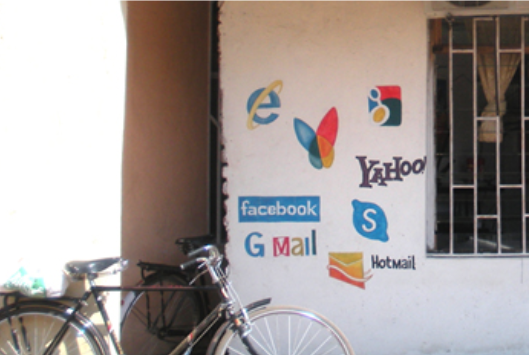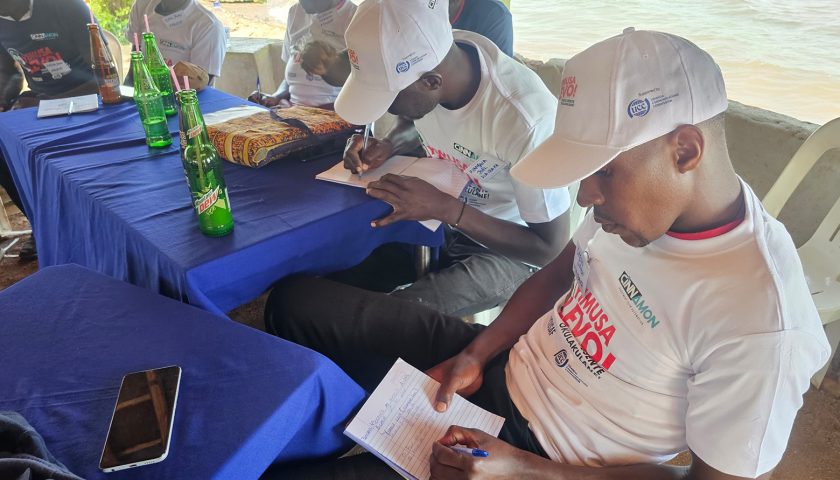As one-third of the world population seems to have gone into “hiding”, fleeing the rage of Covid-19, the internet has become the nerve centre of professional and entertainment life across the globe.
In the United States, all of this internet use is putting more pressure on the country’s broadband infrastructure, according to the Brookings Institution, a think-tank based in Washington.
“Just in the past few weeks, data demands have risen in nearly all categories. The previous peak has become the new average, and the surge is starting to threaten the quality and speed of content downloads,” Blair Levin, Nonresident Senior Fellow for Metropolitan Policy Programme, explained on his research paper, published this week on the Brookings Institution website.
“As shelter-in-place directives spread and demand increases, the question lingers of whether our broadband infrastructure can support the new normal.”
In Uganda, many users interviewed said, deplore the slowness of the connection, from both MTN and Airtel.
“The connection is very unstable in our area, it’s on and off, especially at night when many people are logged. I’m sure the network is saturated,” Alfred Mukasa said on phone from the capital Kampala.
“I usually watch videos on YouTube and last night I was helpless because it could not come out,” Esther, a high school student lamented.
In South Africa, some internet users are expressing their sorrow and frustration on social media, lamenting about the fast pace at which data is being consumed, and at the same time complaining about the instability of their network operators.
While Brookings’ Levin advocates for the upgrade of the US broadband infrastructure, in Africa, many countries are still lagging behind in terms of ICT investment, compared to their Western counterparts.
Priorities
“We have many priorities, and these include alleviating poverty and now we are looking at improving our healthcare infrastructure. The telephone companies are making a lot of money, they can use some of it to help upgrade the infrastructure,” an African government source said.
“While the Covid-19 crisis will teach many important lessons about our networks and their coverage, it would be a waste not to reexamine how we can improve our economy, our society, and critical public goods by better utilizing the abundant bandwidth we have while once again preparing for a future that’s more online than ever,” Levin said.
Until the latest technology 5G is launched in Africa in 2021, African internet users are set to continue complaining about the slowness of the connection and the high costs of data, without expecting anyone to immediately and urgently wipe their tears.
However, the African continent mobile broadband connections will more than double from the 419 million in place today to 1.07 billion by 2022, according to a Forecaster report published in 2017.
Source :BiztechAfrica.




